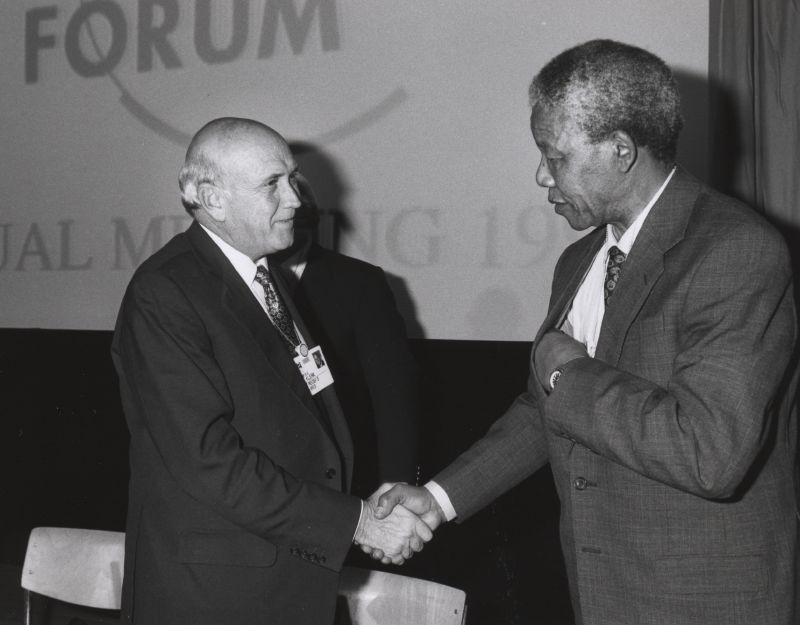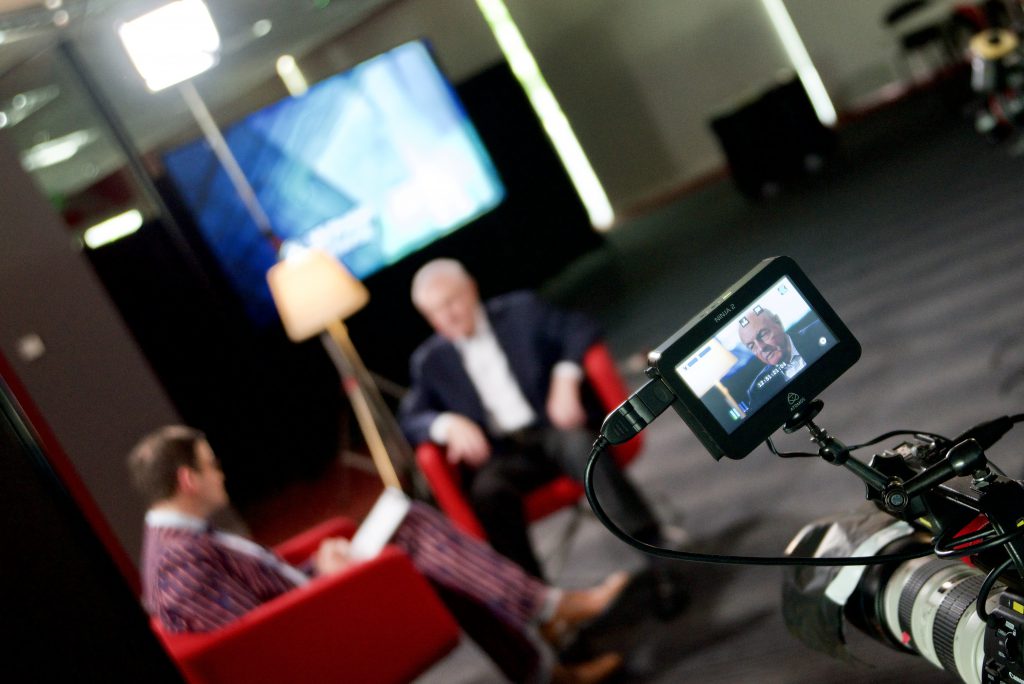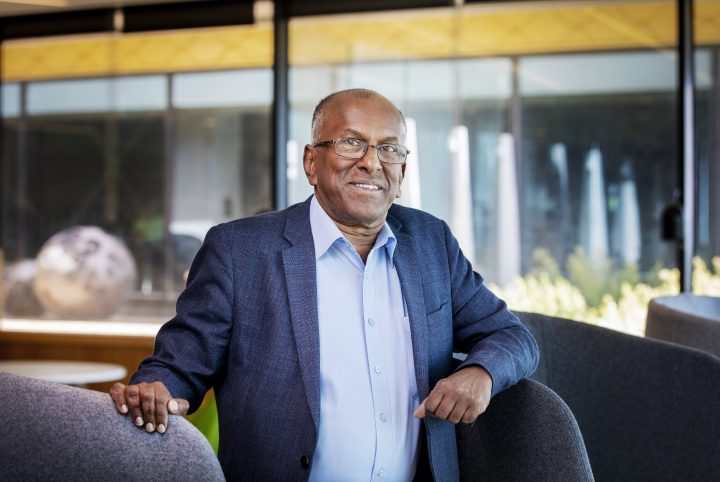
A phone call from one of the world’s best known political leaders helped propel Professor Mervyn King into becoming the ‘Godfather’ of corporate governance.
The call from Nelson Mandela came one morning in 1994.
“Whenever he wanted a favour, it would start like this: how’s my favourite judge?” says South Africa’s Professor Mervyn King. The former South African Supreme Court justice and corporate director knew Mandela professionally; King had in fact been deeply involved in a humanitarian program with his two daughters, feeding 2.5 million children every day for 17 years while Mandela was in jail.
The two men also lived close-by: the two men occasionally ate breakfast together (both loved oats).
This time, the request was more momentous than a dining invitation. Mandela had just become President in the country’s first fully representative election; would King help draft the corporate guidelines the newly democratic nation would need in order to maintain a free economy?
Professor King, who shared Mandela’s concerns for the well-being of millions of South Africans who had been unrepresented in the economy under the previous regime, accepted the challenge.
Now internationally known as the ‘Godfather’ of corporate governance, he went on to oversee South Africa’s King Reports, a sweeping series of extraordinary reports outlining corporate practices and conduct for South African companies, which continues to lead the world in corporate accountability practices.
In Australia recently for Monash Business School, the global corporate governance expert sat down with Monash Business School’s Associate Professor Nick McGuigan to discuss his incredible career and offer insights into how Australian companies, particularly the banks, can become better corporate citizens.
Welcome to Impact Exchange
Welcome to Episode 1 of Impact Exchange, by Monash Business School. The idea behind Impact Exchange is in its name: whether it’s currency, capital or ideas, the concept of exchange underpins business. Monash Business School’s Impact Exchange sits down with some of the world’s most compelling business thinkers to exchange insights, trade views and offer opinions.
Professor King’s experience as a QC, company director and chairman gave him a highly rarefied insight into the corporate world. “I started seeing governance through a very informed set of eyes – and I didn’t like what I saw,” he says.
“The theory of financial capitalism was the order of the day. You build up value at the top and it is supposed to trickle down to the unequal at the bottom – well, it never did. The trickle became treacle and stuck – at the top.”
The inequality gap has to be urgently addressed, he argues. A model that has the shareholder at its centre has led to unsustainable development, leading to a degraded planet, he says.

Photo by Thomas Kern
‘Conscious’ company
In this episode, Professor explains his concept of the ‘conscious company’ and how this related to the revelations from Australia’s Royal Commission into misconduct in the banking, superannuation and financial services sector.
“One has to ask the question, were the corporate leaders of those banks ‘conscious’ leaders in the sense of actually applying their minds as to what is in the best long-term interest of the health of this bank… was it in the long-term interests of the health of this company to charge deceased people money? The answer was clearly in the negative and yet they went on – why?”
Professor King is Patron and Founder of The Good Governance Academy, a global body advocating for more conscious leadership; chairman emeritus of the International Integrated Reporting Council (IIRC); chairman emeritus of the Global Reporting Initiative, an independent international organisation that has pioneered sustainability reporting since 1997; and director of the Association of Business Administrators of Southern Africa.
He spoke with Associate Professor Nicholas McGuigan, a Monash University Vice Chancellor’s Award winner for Education Excellence.


